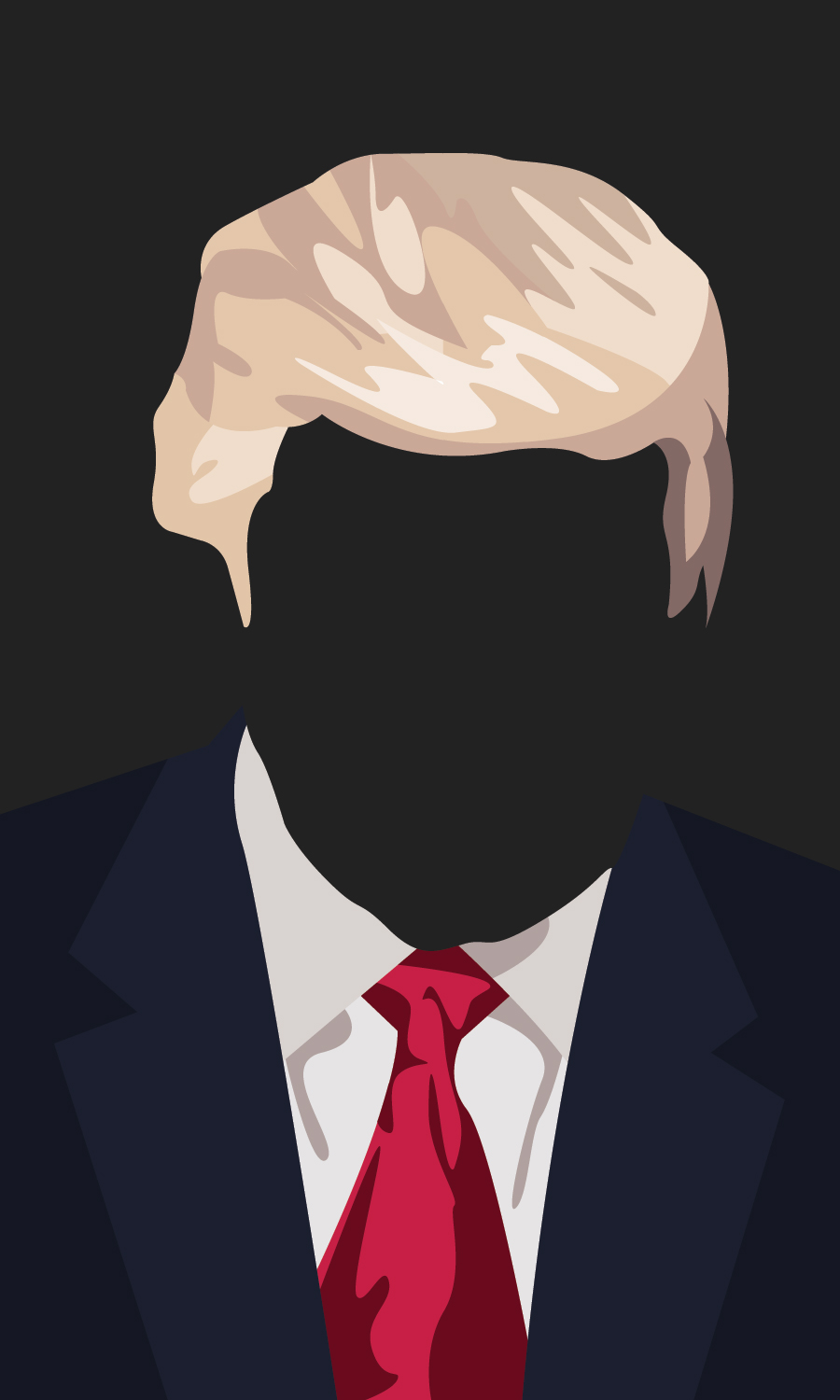One afternoon, on December 4th, 2016, a man walked into a Washington, DC pizza parlor.
Edgar Welch, an ordinary 28-year-old man from Salisbury, North Carolina then fired gunshots with an AR-15 style rifle, nearly killing innocent people. He was convinced that the pizzeria contained a hidden pedophilia trafficking ring led by Hillary Clinton and her presidential campaign, according to PBS.com
No, this was not an incident of mental illness that you hear in regards to many mass shooters, this was a case of fake news.
Fake news. You’ve probably heard of it mentioned on the news, online, conversations in class and especially in politics; however, if you haven’t, fake news is the spreading of false information, which subsequently, causes harm to those mentioned.
As a young adult in this generation, it terrifies me to live in a world where the news can’t even be trusted by the population. Even worst, not much is being done to regulate the export of fake news.
Fake news websites spread the Pizzagate lie by creating fake news articles, social media posts and even realistic photoshopped pictures. The articles were even citing specific locations such Comet Ping Pong, the pizzeria that Welch opened fire.
We are seeing fake news being plastered across politics every single day and here’s why:
“Fake news. You’ve probably heard of it mentioned on the news, online, conversations in class and especially in politics.”
Lilliana Rogers, DSN Staff
According to Cits.com: “Fake news—news articles that are intentionally and verifiably false designed to manipulate people’s perceptions of reality—has been used to influence politics and promote advertising. But it has also become a method to stir up and intensify social conflict.”
The danger of fake news is serious, spreading false information causes distrust in American people towards the media, causes national conflicts to be more intense, and even cause protests and violence over imaginary events.
Fake news is also released to sway people’s perceptions of presidential campaigners and their political parties in a negative light; however, fake news isn’t just coming from inside American borders.
According to foreignpolicy.com, “Politically motivated fake news came from multiple sources: foreign governments, such as the Russian Internet Research Agency; American political operatives who used illegitimately-acquired Facebook data from the Cambridge Analytica firm to convince social media users how to vote.”
As the future generation, we need to be aware of spotting fake news, reporting it and holding the publishers accountable.
Flashback to the 2016 presidential campaign. Unknown Russian government agents spread fake news through “bot” social media accounts that were directed and advertised directly towards Americans on Facebook.
Latest in Opinion:
Not only were these fake news stories and advertisements harmful to the presidential campaign, but they were also harmful to many minority groups. Immigration, Muslim beliefs, the Black Lives Matter Movement, and many other social issues were presented in a negative way using presidential candidates as endorsers.
The U.S. Congressional Intelligence committee investigated fake news during the 2016 election and even released 3,500 advertisements of fake news. These examples can help viewers spot examples of fake news.
Fake news is an epidemic spreading to the minds of the American people. We can’t trust social media for factual political information and news anymore, and that needs to change.
Fake news has now been recognized and is in the public’s view; however, there is still a lot of work to do. There are many things we as Americans can do to prevent fake news from deceiving others in important political issues such as:
- Check multiple news outlets to verify if the story is true. If the story is as “groundbreaking” as the fake Hillary Clinton pedophilia story, then multiple news sources will be covering the story. If you can’t find it on other sources, its most likely fake news.
- Start holding fake news creators accountable. We can push laws, restrictions, and disciplinary actions towards social media platforms to regulate the harmful effects of fake news.
- Visit reliable fact-checking websites such as FactCheck.org, PoliFact.com and Snopes.com
- If you spot fake news with damaging unreliable information, report it on the social media platform that it is published on.
We are the deciders of the future of America. Politics is more important than ever right now in our society, and being factually correct with policies, political campaigns and current events is a necessity that requires the eradication of fake news.


